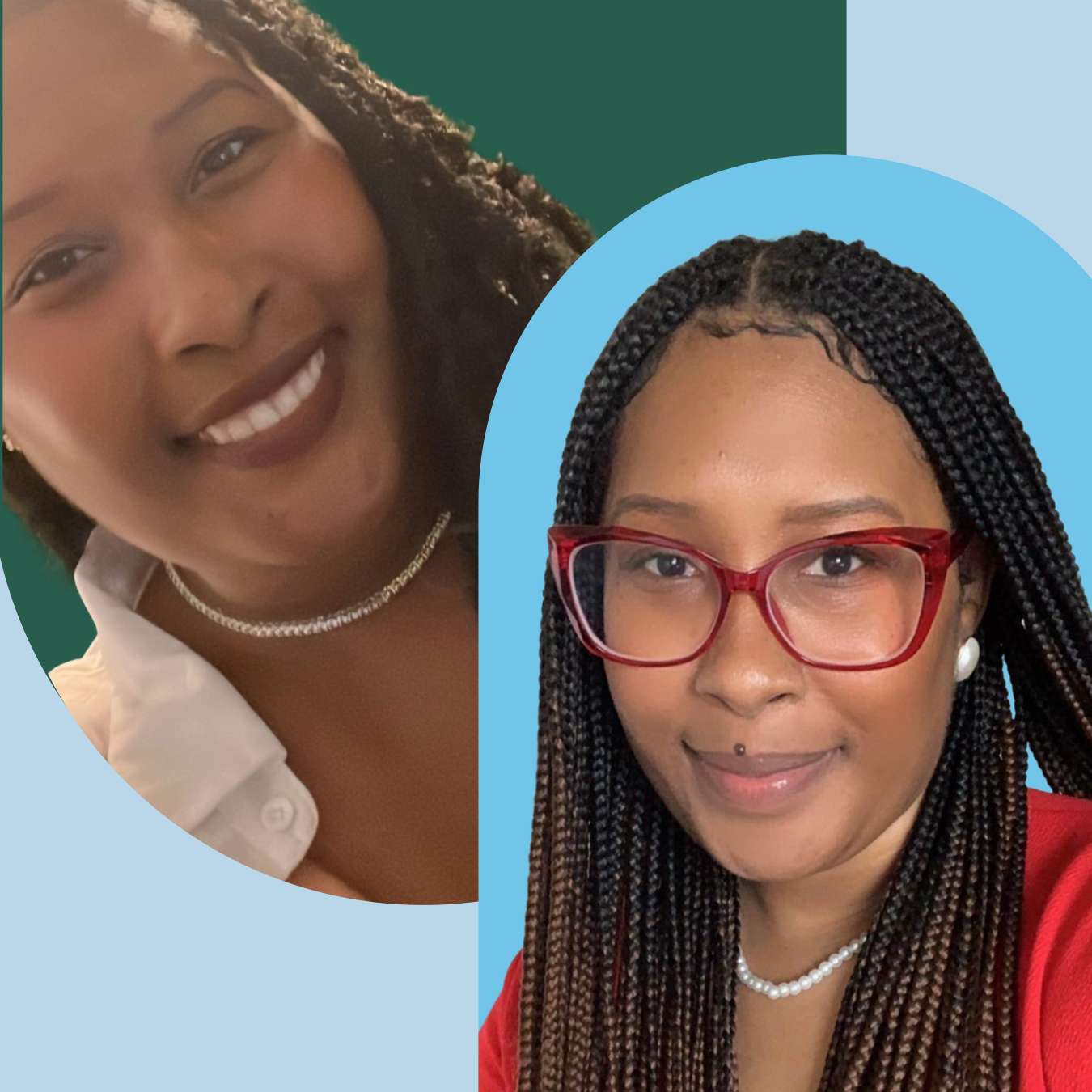DSW students present at Sport Social Work conference
For twins Andrea and Adrian Thompson, social work has always been about supporting people with invisible burdens. As Adrian – who, like her sister, is enrolled in Tulane’s Doctor of Social Work (DSW) program – began to conduct research for her Advanced Practice Project (APP), her interest in the mental health of collegiate athletes grew.
When the Thompsons learned that Tulane School of Social Work offered a Sport Social Work Certificate in collaboration with the Alliance of Social Workers in Sports (ASWIS), it seemed like the perfect opportunity to deepen their knowledge about the pressure and challenges facing athletes today.
“While working on our doctoral research and exploring athlete mental health, we realized how much we wanted to bridge our interests in trauma-focused practice with the world of sports,” Adrian said. “The Sport Social Work Certificate gave us a place to learn, to grow, and to connect with others who are leading this important work. Completing the certificate wasn’t just about gaining knowledge – it felt like taking an intentional step toward aligning our personal passion, clinical work, and scholarship.”
That alignment of research and passion led to a research project that they’ll present at the 11th Annual ASWIS Symposium this September: “Exploring Perceptions and Usage of Virtual Mindfulness-Based Interventions Among Division I College Athletes.”
When looking at the existing literature, the Thompsons found that in-person mindfulness practices improved athletic performance and overall well-being for college athletes. But they saw a critical need for more research on accessible, virtual mindfulness models – which reduce barriers such as scheduling conflicts.
The twins’ study, which surveys Division I college athletes, aims to identify how that population responds to and engages with virtual mindfulness-based interventions. They’ll analyze whether athletes perceive these apps as effective, how and when they use virtual tools, and where there may be gaps in care.
“The findings from this study will help inform future research and practice by identifying key factors that influence engagement, perceived effectiveness, and accessibility of virtual MBIs among college athletes,” Adrian said.
This research adds to the body of research in the growing field of Sport Social Work. The Thompsons hope their research will inspire a dialogue about accessible, evidence-based interventions tailored specifically to athletes. More broadly, they want to see social work practices integrated into athletic institutions. An interdisciplinary and collaborative approach to mental healthcare, Adrian says, is the key to enhancing the efficacy, sustainability, and reach of interventions.
The Thompsons encourage practitioners to always bring empathy, respect, and authenticity to their practice. Sport social work – like all social work – requires clinicians to listen carefully, see their clients holistically, and find innovative solutions to their unique problems.
“Embrace curiosity and remain open to continuous learning. Your inquisitiveness is a powerful tool that can uncover unmet needs and inspire innovative research and practice.”

